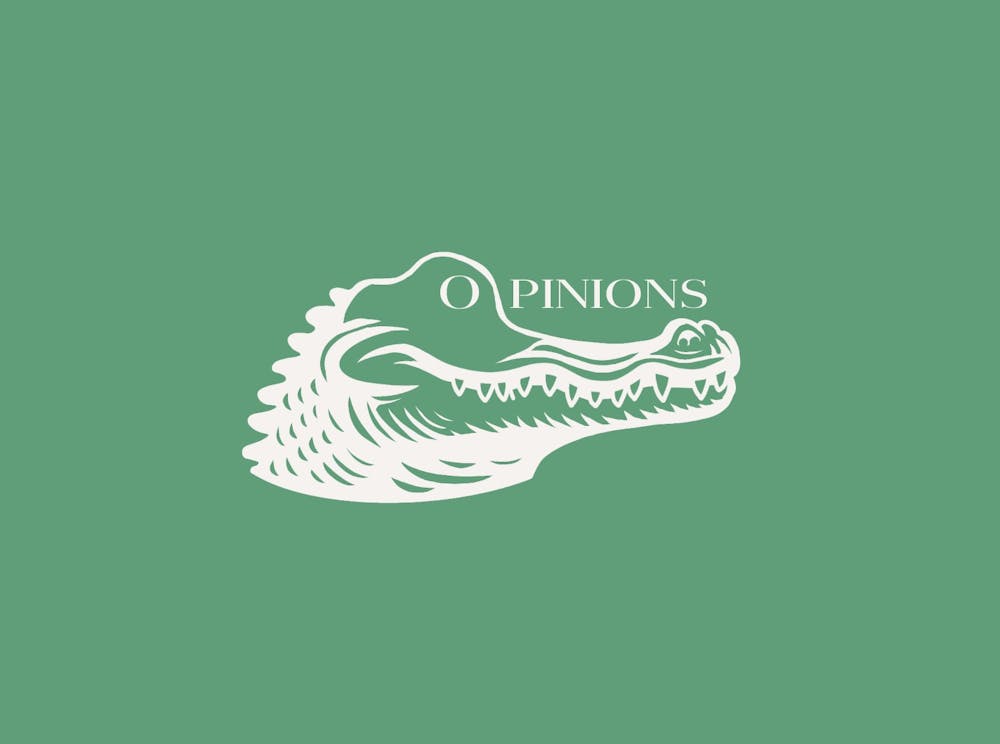Hinting upon this idea last time as I spoke of how intersectionality can help us in the fight against burnout, bringing new members into the fold of leadership is more important than ever. As I, and a plethora of other organizers scramble to help build new leadership, I can’t help but think of the path I took to my current place and how to acclimate others to the difficult job of navigating activism in Florida.
Throughout time within United Faculty of Florida (UFF-UF), there are inevitably repeated moments of solidarity from individuals who got their start within a Graduate Assistants United chapter. Considering that many of these were from higher leadership roles, I can’t help but take this as a reminder of the importance of our work as a learning laboratory for people who may continue to lead statewide charges for workers’ rights.
Right-wing machines admittedly do a much better job at one thing — pipelining. The left’s “big tent” ideology as of late has made this more difficult, with a failure to have specialized leadership that can be moved up into higher spaces as time goes on. Leadership is constant mentorship. If someone serves in a small capacity on multiple committees and specializes in one area, they will be more capable to lead through their experience and intimate knowledge of one particular space, especially if they have led a team before.
What the right does extremely well is planning for succession, with roles clearly building a path to bigger ones. For those of us who were around during the Turning Point controversy here at UF, it’s clear that the right intends to “get ‘em early” — especially in student governments like here at UF through connection to Florida Blue Key.
When you're on the defensive like the left tends to be, this is much, much harder.
The answer? Always plan ahead, always bring new people into the fold, always think about what someone would enjoy working on and what their place could be.
I was not the leader I am today without a sh-t ton of support from people like Bryn Taylor, Rachel Hartnett, Adela Ghadimi, Teresa Hodge and Candi Churchill. This past week I had a phone call discussing where to go next and where I started, and it was a strong reminder of how special it is when you reach the potential someone else saw in you before you could.
In terms of collaboration as a necessity, I can say this: GAU would not have been able to participate in so much campus-wide organizing had it not been for other collectives like Queer Liberation Front and UF Divest Coalition setting up gatherings, meetings and protests. This also can create new pipelines with the ability to move between like-minded organizations throughout someone's time.
As leaders, it is often our job to find our replacements, but having robust programs in place for training, growth and confidence-building can help ease this burden. From specialized committees to taking new members along for the ride when you can, there are a lot of opportunities to gradually work on this perpetual existential crisis rather than panicking every year or two. Not only does this lighten the load for higher leadership, but it allows those in power to go for higher positions and expand the organization’s reach.
Cassie Urbenz is a UF first-year graphic design and visual communications graduate student and GAU co-president.






